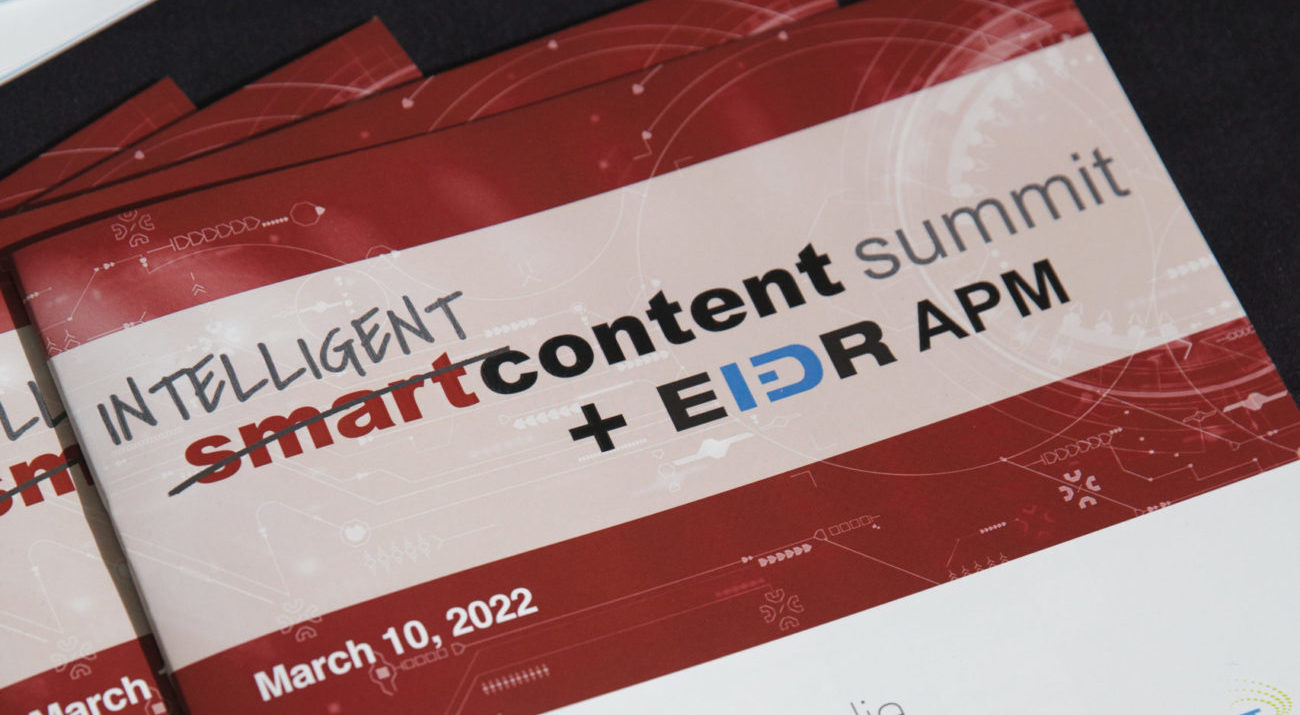M+E Daily

EIDR APM: The Benefits of Having Natural Triggers to Automate EIDR Registrations
Story Highlights
Entertainment Identifier Registry (EIDR) registration doesn’t have to be a manual process because title management and version management workflows have natural triggers to automate EIDR registrations, according to EIDR.
“EIDR provides a number of tools to integrate – the idea being that you would not have to use the EIDR web” user interface (UI), Richard Kroon, director of technical operations at EIDR, said March 10 at the EIDR Annual Participant Meeting (APM), held in conjunction with the Smart Content Summit in Los Angeles.
“You could use your own internal systems that are integrated to EIDR in the back end” and then the data “would appear to your users,” he said during the session “Automate your EIDR – Triggered.”
The tools that EIDR provides for members to build their own integration workflows are:
1. REST API
a. XML read/write
b. JSON read-only
2. SDKs
a. .NET
b. Java
3. Command-Line Tools
a. Shell scripting
b. Full Java/.NET source code
The latter means “your developers can plagiarize our code to build your code,” Kroon pointed out, adding this all makes it as easy as possible to integrate.
But he added: “There’s a difference between integration and automation. Installation can still require manual intervention – manual steps – and the goal of all this is to automate the process so that you can ingest EIDR IDs into your systems and leverage all the automation workflows with as little manual effort as possible.”
Murthy Adireddi, senior manager of software engineering at UnitedHealth Group, has proven that it’s possible to do that, according to Kroon.
Kroon and Adireddi, who previously served as a lead developer for Disney and Fox, went on to explain the EIDR registration process in more detail.
“Somewhere, somehow, someone does have to collect the information but the goal of it is to do it once: to obtain it from your supplier, to obtain it from an upstream system” and, if necessary, “to have someone keypunch it but have it keypunched once into your master title system and then that then flows to EIDR by one of these automated mechanisms,” Kroon explained.
Addressing what records need to be registered and when, he said: “Obviously, high-value content, tentpole titles, things coming out for release… [and] competitive titles can be important,” Kroon said, noting “some of the members” register not only their own but “also competitive titles because they are doing data aggregation and acquisition for those titles [and] they want to transact on them in an automated way,” he added.
If you ask your vendors and supply chain partners to provide EIDR IDs up front, then you don’t have to register, according to EIDR. And If you include EIDR IDs in all of your transactions, then your vendors and supply chain partners don’t have to register, EIDR notes.
There are four different types of registrations: time-based registration, criteria-based registration, real-time registration and exception handling, according to EIDR.
As part of criteria-based registration, EIDR points out that local system updates and scheduled events “automatically trigger registration.”
For businesses, the “challenge was thousands of titles coming in every single day,” according to Adireddi, who explained: “It’s very hard for them to keep track of which title has metadata missing, which title does not. So EIDR systems can help them to visualize it, look at it based on release date” and other criteria and automatically trigger a manual registration review “behind the scene.”
There are a few “exceptional cases,” such as duplicate titles, “where user human intervention is needed but, when you automate it, I’m pretty sure – we did it, we implemented it – 95% of the cases will go very smoothly [and] you don’t need any human intervention at all,” Adireddi said.
“And that’s what we like,” said Kroon, concluding the session.
To listen to the presentation, click here.
To download the presentation deck, click here.
EIDR APM was presented by Whip Media, produced by MESA in association with the Smart Content Council and EIDR, and sponsored by BeBanjo, Signiant, Qumulo, Adio, Alteon, Digital Nirvana, Slalom and Rightsline.









